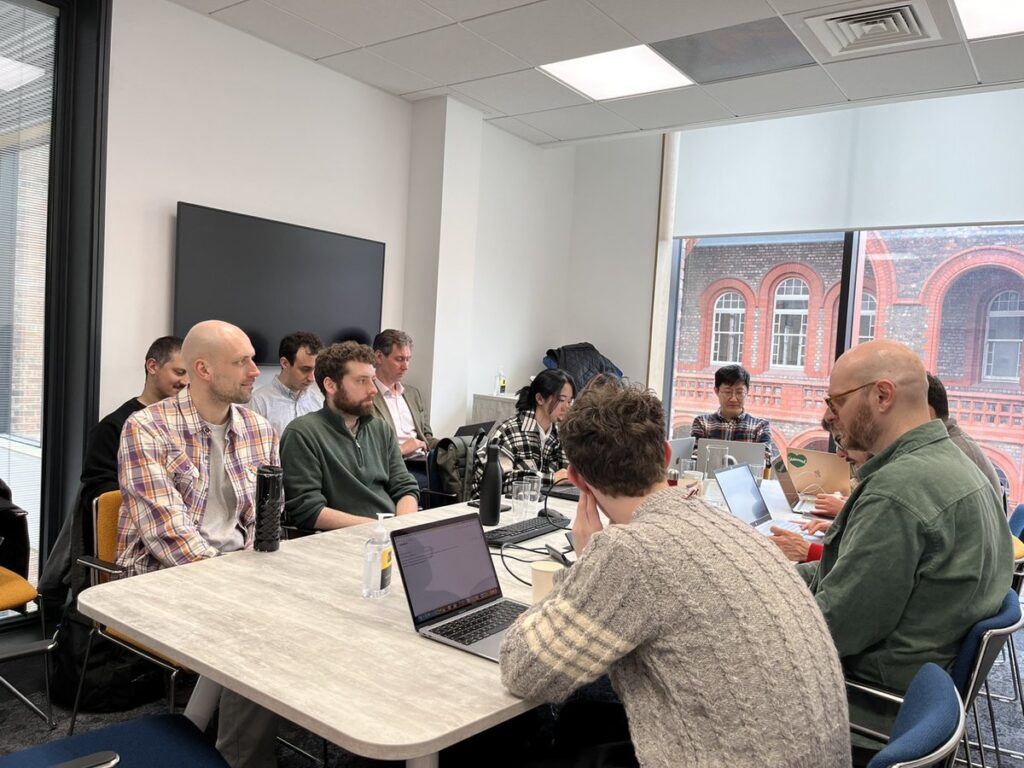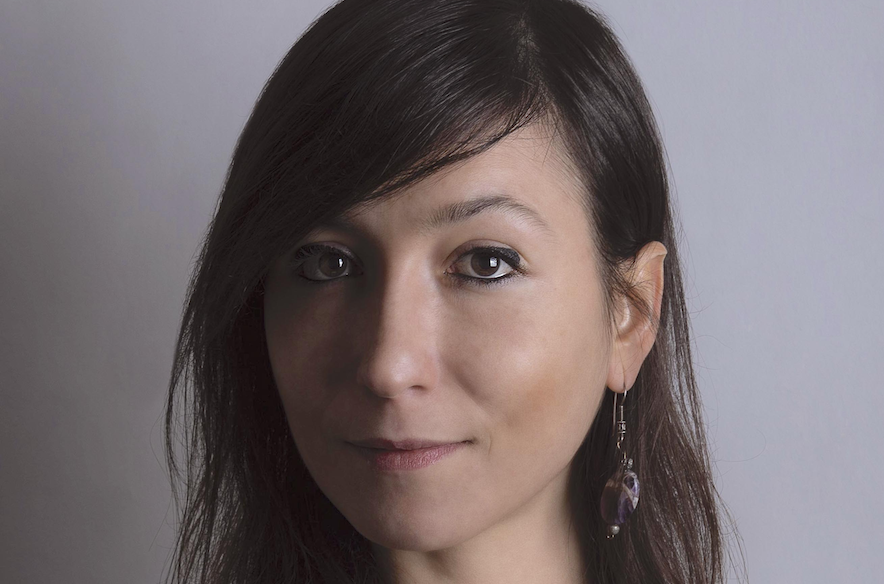Dr Elena Musi on SDR UK’s first data dive
In April 2024, a dynamic group of researchers from various disciplines, career stages and regions of the UK assembled at the University of Liverpool for Smart Data Research UK’s inaugural digital data dive.
The venue, appropriately enough, was the ‘Data Wall’ room of the Digital Innovation Facility.
Now, you might be wondering, what exactly is a digital data dive? Think of it like a shared task or a hackathon. Here though, instead of researchers finding solutions to a problem using given datasets, they’re diving deep into the datasets themselves. The aim is to understand the research questions they can address and the relevant disciplinary areas. Plus, it’s an opportunity to consider the potential infrastructural advantages or pitfalls from a back-end and front-end perspective.
The Smart Data Research UK strategic advice team is on a mission to unravel the mysteries of smart data. We’re asking questions like: What are the strengths and weaknesses of existing smart data infrastructures? How can we successfully harness existing datasets? And how can we integrate smart data with other types of data?
We firmly believe that smart data, generated through engagement with digital systems can only lead to smart analysis if it’s accessible, transparent, linkable, and, above all, interpretable.
Data diving
As an academic straddling the realms of AI and Communication within linguistics and computational social science, I’m constantly on the lookout for new smart data to explore patterns in news creation and consumption in our ever-evolving digital landscape. This challenge has become even more pressing as social media APIs restrict access or eliminate academic privileges. But what about academics in other fields? What hurdles are they facing? And what makes a dataset user-friendly and understandable for them?
For this inaugural data dive in Liverpool, we teamed up with the Consumer Data Research Centre (CDRC) and delved into the domains of Population & Mobility and Transport & Movement.
Bright and early in the morning, under the expert guidance of Professor Alex Singleton, participants were introduced to four open-access CDRC datasets. They wasted no time brainstorming research questions, forming groups, diving into analysis, and discussing facilitators and obstacles. It felt more like a pressure cooker of data exploration than a data dive, albeit a remarkably fruitful one!
The groups, drawing on their interdisciplinary expertise, generated a plethora of research questions, ranging from the motivations behind people’s residential movements to the weekly fluctuations in air pollution levels. The datasets proved to be remarkably user-friendly, with some groups even crafting scatterplots and other visualisations of emerging trends in less than two hours!
Findings
It was during the critical evaluations that the main takeaways were shaped. Key points emerged, emphasising the need for better data explainability and transparency through standardised metadata, comprehensive descriptions of data processing (especially in cases involving machine learning), presentation of both raw and aggregated data and clear specification of granularity levels.
The main recommendations included allocating research funds to tackle technical challenges in data gathering and modelling rather than creating new professional roles, as well as incorporating rounds of pilot evaluations to assess dataset accessibility before their release within data services.
Do you agree? I do. I am more and more convinced that the major difference between smart data and big data or fast data, must be that smart data have their own syntax and semantics, and the audience should be able to understand and talk to them accordingly.
Next steps
To gather hands-on feedback, the strategic advice team is organising four rounds of data dives in partnership with various organisations. The events are covering different thematic domains, always ensuring a diverse mix of participants from different disciplines.
Do you want to become a ‘data diver’? If so, keep an eye on the strategic advice team’s website for upcoming opportunities!
Dr Elena Musi is a member of Smart Data Research UK’s strategic advice team and a Senior Lecturer in Communication and Media at the University of Liverpool.

